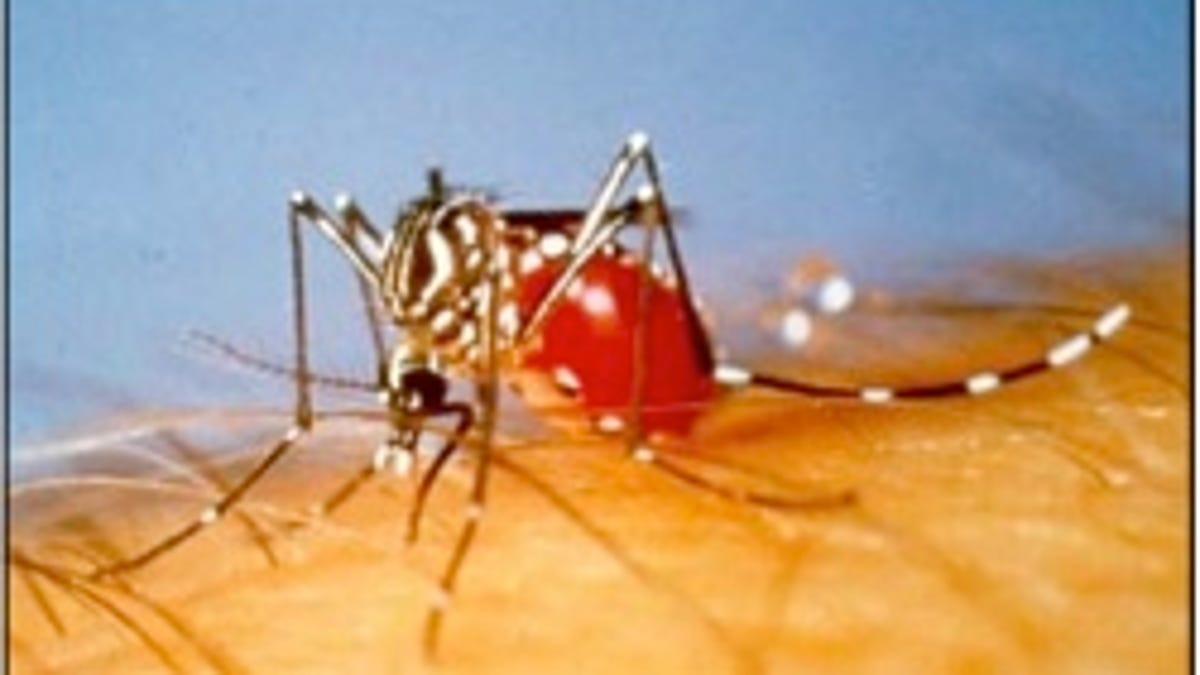Army's new mosquito trap exploits "irrepressible urge"
Army goes to war with dengue spreading mosquito.

The world may be gaining ground in its war against the mosquito, specifically Aedes aegypti- the planet's main vector for dengue-thanks to a new trap developed by the US Army.
The Tiger Trap, created and marketed under license by Spring Star, Inc. exploits the Aedes' "irrepressible urge" to lay their eggs mainly on the sides of water filled containers. This characteristic allows them to be second guessed and lured into contact with a tiny dose (1 millionth of a kilogram) of lethal insecticide. Not only is this an improvement over the conventional method of spraying insecticide semi-randomly and hoping the insect flies through it; it's also cheaper and more environmentally friendly, according to Spring Star.
"The result is a safe, inexpensive, effective device that targets, with minimal insecticide or environmental impact, the disease-carrying female before she can bite another person and transmit disease," according to a company statement.
Dengue, also known and forever remembered as "break-bone fever" by those who have survived it, is a severe, viral, flu-like illness that can range from a nonspecific viral syndrome to a severe and fatal hemorrhagic fever. Up to 50 million people are infected annually, with 15-20,000 dying.
The patented method was developed jointly by the Walter Reed Army Institute of Research, the US Army Medical Research and Materiel Command and the Center for Health Promotion and Preventive Medicine. The resulting prototype has already been tested in numerous, well-documented field trials in Brazil, Peru, Bangladesh and Thailand, according to the Woodinville, WA based company.